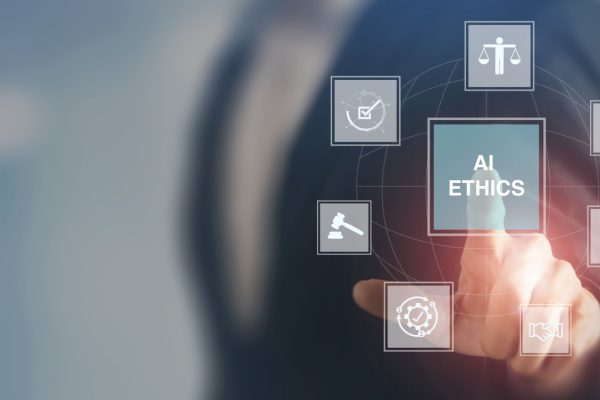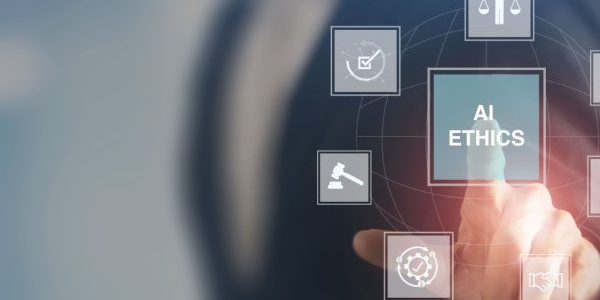
Artificial intelligence (AI) has evolved as a powerful set of tools that process, synthesize, apply, and augment information. As these technologies become more sophisticated, they will transform the world of work for many professions, including coaching.
AI is already being used to help coaches market their individual businesses, to support organizations in identifying development needs, and to facilitate matching between coaches and clients. Some coaching chatbots demonstrate how AI can even replicate basic parts of a coaching conversation.
However, coaches need to be aware that, because bias is ingrained human nature, and because AI is ultimately a human creation, it can creep into AI algorithms as well.
A question arises: Can a creation of humanity remain untouched by its creator’s biases?
An Example
Imagine you and a colleague are active on a social network of job seekers, such as LinkedIn. While equally qualified, your colleague sees more high-quality job postings than you have.
This disparity makes you wonder: What information did the site use to generate the recommendations in the first place? If postings are not populating for you due to your age, gender, or past experience, then the algorithm that produced the recommendations has been inadvertently fed biased data.
Just as in a social network like LinkedIn, AI can lead to bias and discrimination in a coaching or development practice through applications like AI chatbots and AI data mining.
The Good News
Thankfully, coaching researchers, digital coaching platforms, and accrediting bodies are already looking to recruit diverse coach and client participants to reduce bias in AI coaching tools.
However, this does not exclude coaches embracing AI as an enhancement to their practice. Just as coaching organizations have developed ethics codes for human coaching, ethics codes will have to be developed for AI coaching systems.
As a probing question, can ethical coaching transcend the human realm into AI systems?
What Are the Ethical Implications of AI Bias?
In the coaching industry, where AI is aiding coaches and expanding services, addressing AI bias is crucial. Ethical considerations encompass standards of excellence, credibility of information, data confidentiality, and bias mitigation.
Envision the coaching process itself. Relationships between coaches and clients are built on trust and non-judgmental support. The introduction of AI bias can compromise the effectiveness and integrity of the process. While AI can offer general guidance and resources, it may struggle with providing highly individualized coaching tailored to a specific client’s unique needs, circumstances, and context. For example, what if a client presents issues outside the scope of coaching? An AI chatbot will not know that it may need to refer the client to therapy or another service. Coaches should be mindful of ethical considerations when using AI chatbots in a way that maintains their professional boundaries and responsibilities.
What Can Coaches Do to Respond Ethically to AI Bias?
Coaches can begin by examining their fears and hopes for new technologies. You can do this in part by participating in peer-learning opportunities and staying up to date with ethical guidance from accrediting bodies.
Outside of formal studies, you can give feedback on digital coaching tools and AI coach bots to help improve these technologies by adding your unique human experience as a coach.
Additionally, coaches should be active in testing tools in different contexts to make sure they are beneficial for clients from different cultural backgrounds and lived experiences. Digital coaching platforms like BetterUp, Ezra, and CoachHub actively collaborate with coaches and researchers to solicit feedback and improve the digital coaching experience.
Finally, you can approach change from an outside perspective, embracing the opportunity to discover new information and gain new skills, using these same tools to navigate setbacks or challenges in adopting new technologies as part of your own learning process.
A Call to Action for Coaches
As AI advances into coaching, coaches must take an active role in shaping the integration of these new technologies in their field. That way, you not only play a role in combating the potential bias of AI, but you also ensure that AI becomes another tool in your toolbox for providing the best service to your clients.
Visit the ICF Thought Leadership’s Global Digital Library to delve deep into the transformative trends shaping coaching research, impact, and practice and to uncover the challenges and possibilities presented by advanced technologies and AI.







